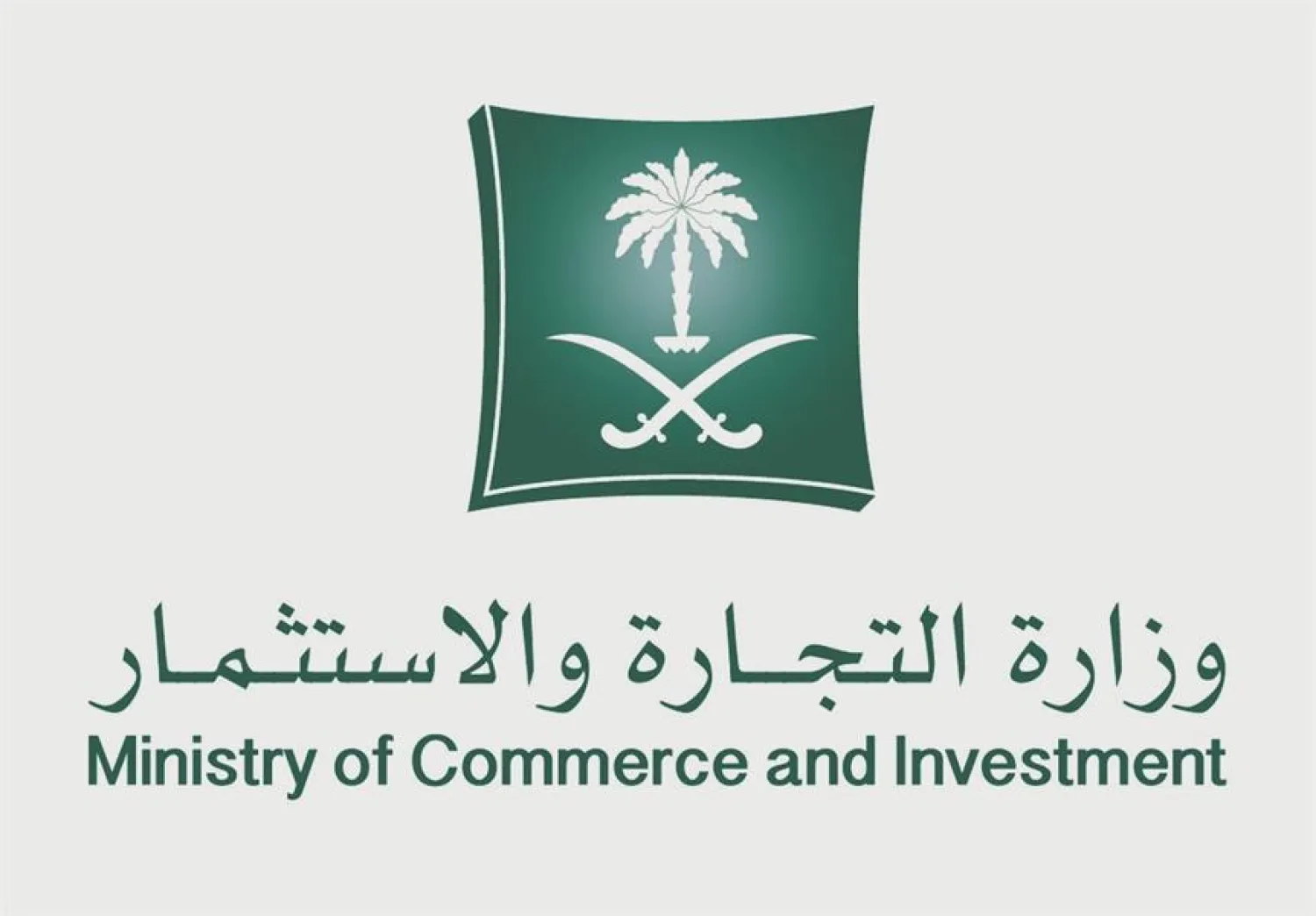The Saudi Ministry of Commerce and Investment revealed a steady increase in the number of companies and establishments during the third quarter of 2018, compared to the same period in 2017 and 2016.
This coincided with MCI endeavor and efforts, in cooperation with the concerned government authorities, to ease the starting up of businesses and facilitate the relevant procedures.
The number of current establishments during the third quarter of 2018 grew by more than 35%. The number of firms reached 945,600 compared to 824,700 during the same period in 2017, while in 2016 the number was 701,300 for the same period.
The number of listed companies increased by 23% during the third quarter of 2018, to reach 148,000 compared to 133,600 for the same period in 2017, while the number was 121,000 during 2016.
The number of limited liability companies increased by 25% during the third quarter of 2018 to reach 108,400 companies, compared to 96,700 companies during the same period of 2017, while in 2016 the number was around 87,000.
The rate of Closed Shareholding Companies increased by 15% during the third quarter of 2018 to reach 1,400 companies, compared to 1,330 companies during the same period of 2017, while in 2016 the number was 1,222.
The ratio of issuing the Commercial Registrations for ten economic sectors increased between 8.2 to 16.9% during the third quarter of 2018, compared to the same quarter of 2017.
These sectors included wholesale and retail trading, commercial services, construction and building, contracting, industry, transportation, storage and refrigeration, social and personal services, agriculture, fishing and forestry, electricity generation and water, mining, petrol, business and financial services, and other miscellaneous services.
The General Authority for Statistics recently issued results of the Index of Industrial Production during the second quarter of 2018.
The results indicated an increase of 4.17% in the industrial production index during the second quarter of 2018, compared to the first quarter of the same year. The index registered 137.87 points during the second quarter of 2018.
As for the industrial production index activities, the mining and quarrying indicator rose by 1.89%, while the manufacturing production increased by 5.07%. The production of the electricity and gas supply registered an increase with 83.46% when compared to the first quarter of 2018.
The results also showed an increase of 5.84% in all industrial activities compared to the second quarter of 2017. The growth in mining and quarrying production reached 1.95%, while the manufacturing production growth registered 16.44%. However, the production of electricity and gas supply decreased by 0.30%.









